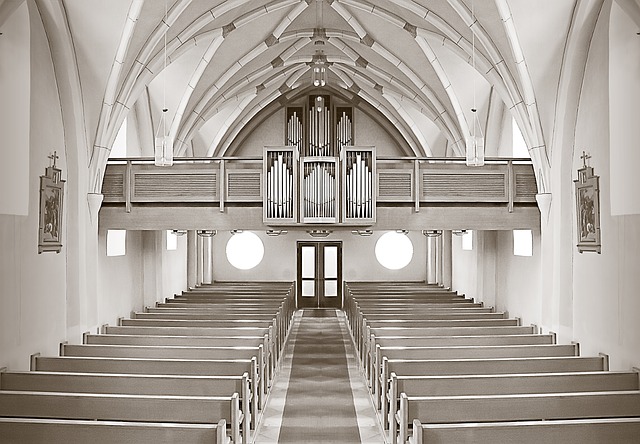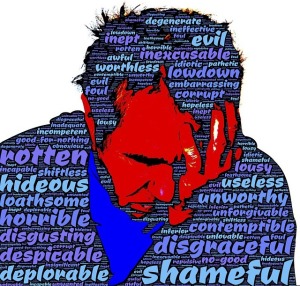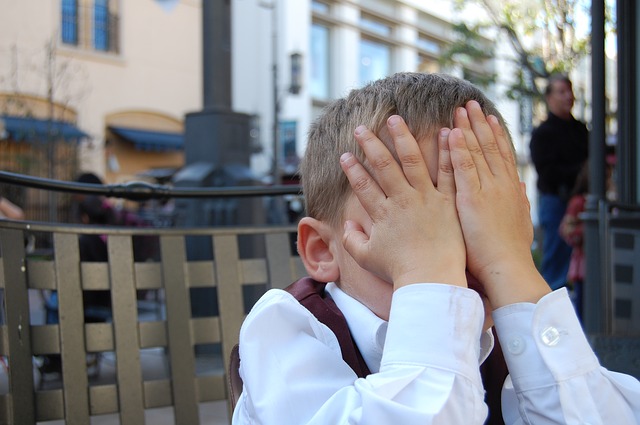I was an outdoor kid. During my early childhood, I was good friends with the girls who lived on my cul-de-sac, and in the classic suburban way my friends and I would roam our neighborhood in the afternoons until we were called home for dinner.
A few years later, my family had an extra-large backyard, and I remember summers spent digging in the dirt, climbing pine trees covered in sap, and exploring the kudzu ditches in my neighborhood alone and with friends. I would often go outside and not come back for hours, or not until it got dark.
It strikes me that my memories of summers spent largely outdoors are perhaps typical of suburban/rural children of my age and older, but are becoming increasingly rare for the children that I teach and for children my son’s age. Both the free-range parenting nature of my childhood experiences and the screen-free way my friends and I entertained ourselves would probably be considered rare today.
Last Child In The Woods: Saving Our Children From Nature-Deficit Disorder is a book about children’s increasing lack of exposure to nature that was published 11 years ago. Here is a summary:
In this groundbreaking new work, child advocacy expert Richard Louv directly links the lack of nature in the lives of today’s wired generation—he calls it nature deficit—to some of the most disturbing childhood trends, such as rises in obesity, Attention Deficit Disorder (ADD), and depression.
Nature-deficit disorder is not a medical condition; it is a description of the human costs of alienation from nature. This alienation damages children and shapes adults, families, and communities. There are solutions, though, and they’re right in our own backyards. Last Child In The Woods is the first book to bring together cutting-edge research showing that direct exposure to nature is essential for healthy childhood development—physical, emotional, and spiritual. What’s more, nature is a potent therapy for depression, obesity, and ADD. Environment-based education dramatically improves standardized test scores and grade point averages and develops skills in problem solving, critical thinking, and decision making. Even creativity is stimulated by childhood experiences in nature.
I would be the first to tell you that a lot of the rhetoric about what’s wrong with”kids these days” (participation trophies, helicopter parenting, special snowflakes, etc. ) is dumb and overblown. But modern children’s lack of exposure to the outdoors is real. I see it frequently in the children that I teach, and I see its effects. (And don’t get me started on the issue of the lack of recess in too many schools.) It’s depressing to think that since this book was published before smartphones and iPads were prevalent, many children’s “nature-deficit disorder” is surely worse now – because lots of their time is spent staring at a screen.
As for me, I hit puberty and stopped going outdoors as much. My idea of fun changed – outside was too hot, or cold, or boring. I really didn’t rediscover my love of nature until we had Jonah. Like many babies, any time he was fussy taking him outside immediately helped. We’d take long walks with the stroller and he would settle, and then fall asleep. Later I would put his bouncer on the deck and he would be happy as can be. “Outside!” was one of his first requests.
These days Jonah is in full-on explorer mode in nature. He is my lover of small things: acorns and pebbles and spiders and leaves. Daily, I see the benefits that Louv, the author of Last Child In The Woods, promises: problem-solving (how can I stack these three rocks on top of each other?), creativity (“a baby pinecone, Mommy!”), curiosity (“what’s that?”), and mood stabilization, to name a few.
I recently told an as-yet childless friend that nature is an essential part of my parenting. Being outside is mood-stabilizing for me, too, and it helps us keep Jonah’s screen time to a minimum.
It also helps me let Jonah take appropriate risks. Sure, you can walk on that (small) retaining wall in the backyard! Yes, that’s a bumblebee and if you don’t bother it, it probably won’t bother you. We can go sit on the dock by the lake but stay close to Mommy! I notice the difference between Jonathan and myself on this. Though I wasn’t there, it sounds like Jonathan was pretty much an indoor kid, and he is definitely an indoor adult. When he is outside with us he typically has several cautions: Be careful of bees! Bugs! Slipping and falling! Sunburn! Which is fine, and could even be a good counterpoint to my approach. But I can see that time spent outside is helping Jonah grow up fearless, confident and self-reliant.
Right now I’m planning what Jonah and I will do during our upcoming summer together. It’s going to involve lots of parks, swimming and hiking. I can’t wait.
































